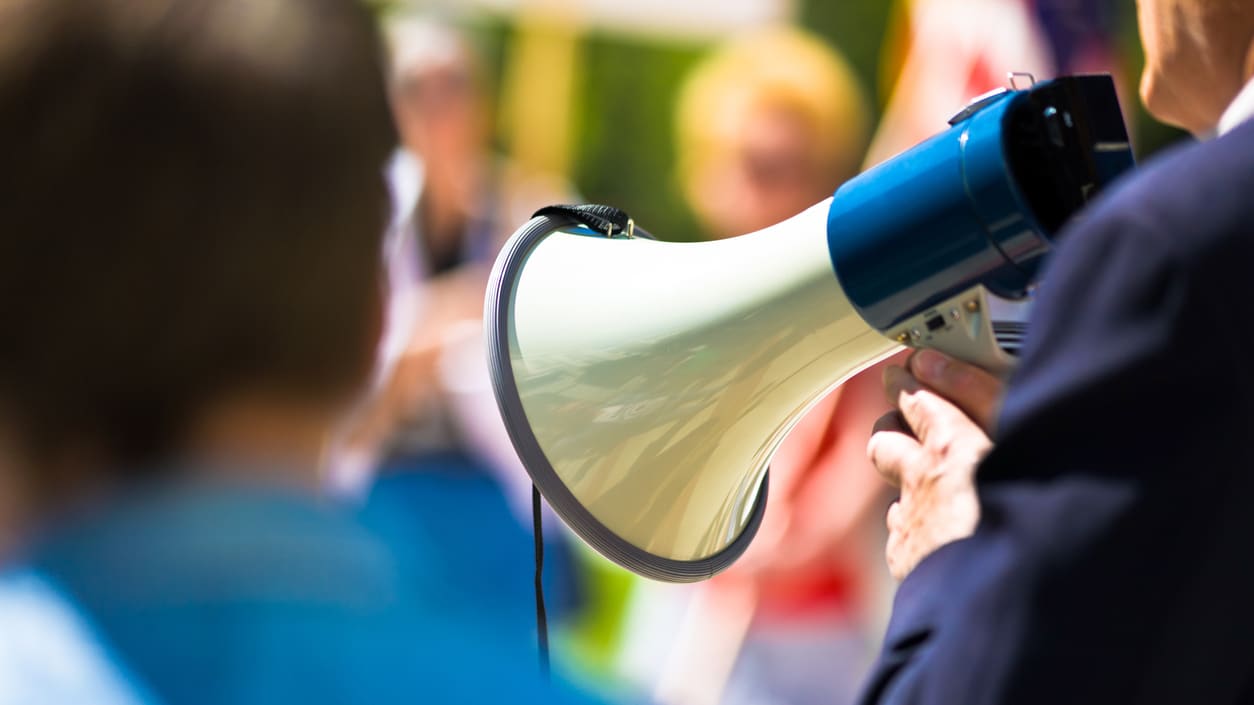Strikes occurred much more frequently last year than in 2021, according to the Cornell University School of Industrial and Labor Relations (ILR). There were 417 strikes and seven lockouts in 2022, up from 279 the previous year, the ILR found.
We've gathered articles on the news from SHRM Online and other outlets.
Tens of Thousands Involved in Strikes
Approximately 224,000 workers were involved in the work stoppages last year, up from 140,000 in 2021—a 60 percent increase. There were 4,447,588 strike days, a number measured by the duration of a strike multiplied by the approximate number of workers on strike. Industries where strikes were most likely to occur were education services, health care and social assistance, manufacturing, retail trade, and information, according to the ILR.
Strikes at Educational Institutions
About 60 percent of the workers striking in 2022 were educators, the ILR found. Approximately 48,000 workers at the University of California secured pay increases as high as 50 percent and more paid family leave time after a strike that lasted over a month. It was one of the biggest strikes of 2022 and the largest at any college or university since the 1990s.
(CBS News) and (The New York Times)
Causes of Strikes
The dual factors of a tight labor market and rising inflation elevated union activity last year, according to Ken Jacobs, chair of the Center for Labor Research and Education at the University of California, Berkeley. Of the more than 220,000 workers involved in work stoppages last year, over 137,000 were educators, researchers and other academic professionals, Bloomberg found. But retail was the most active industry for work stoppages with 125 strikes out of 314 overall, according to its research. Starbucks alone faced at least 107 strikes.
Common Demands
Cornell researchers also analyzed the reasons for striking. The most common demands included better pay, improved health and safety, and more staffing. An increasing number of workers also called for an end to anti-union retaliation and the reinstatement of fired workers.
(HuffPost)
Starbucks Faces Claims of Labor Law Violations
Starbucks is defending itself from claims that it has engaged in unfair labor practices at several sites in response to unionization efforts. Most recently, an administrative judge in New York ruled that Starbucks violated federal labor law dozens of times in responding to a union campaign in the Buffalo area shortly after the campaign began.
The company, which has denied any violations, indicated it might appeal. "We believe the decision and the remedies ordered are inappropriate given the record in this matter and are considering all options to obtain further legal review," the company said in a statement.
(The New York Times) and (SHRM Online)
An organization run by AI is not a futuristic concept. Such technology is already a part of many workplaces and will continue to shape the labor market and HR. Here's how employers and employees can successfully manage generative AI and other AI-powered systems.




